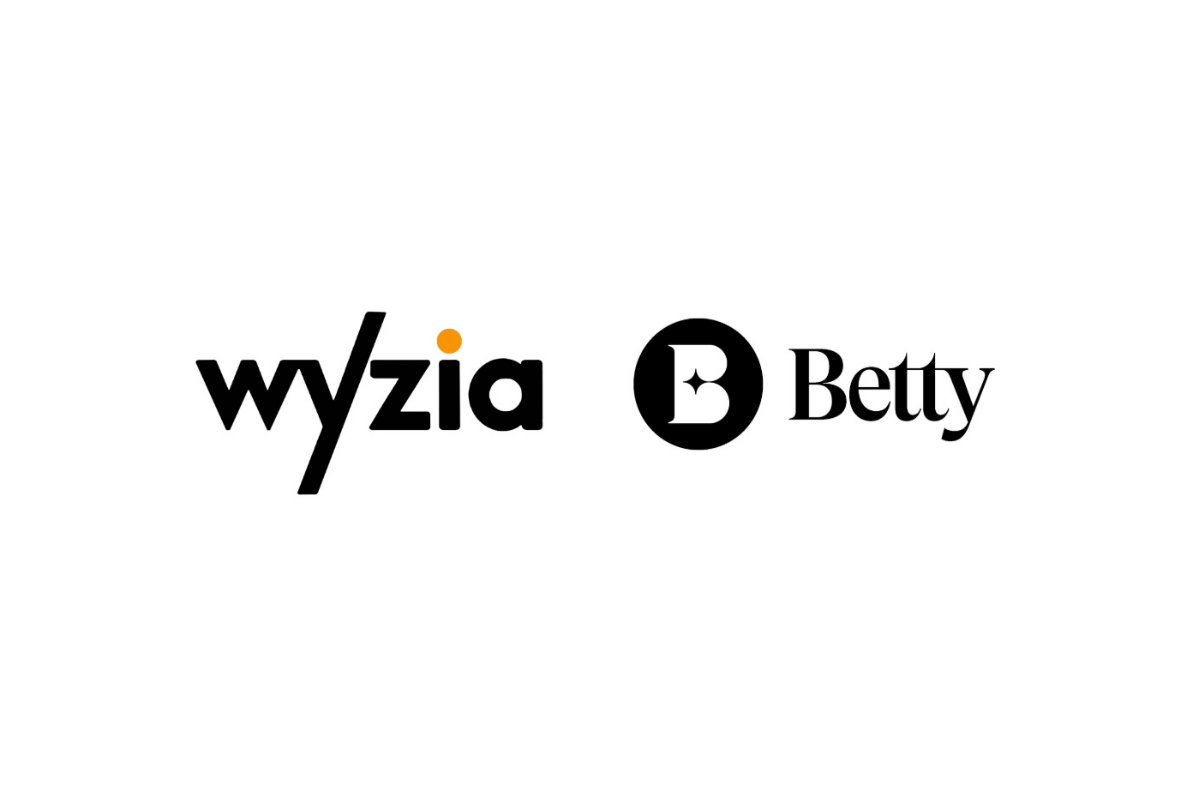
Texas Lottery Moves to Ban Lottery Courier Services
Texas Lottery Commission Executive Director Ryan Mindell on Monday, Feb. 24, issued a Policy Statement, announcing that lottery ticket courier services are not allowed under Texas law and that the agency will move forward with proposed rule amendments prohibiting lottery courier services within the state.
The Policy is effective immediately and aligns with legislative efforts to address serious concerns raised by players and state leadership regarding the integrity, security, honesty, and fairness of lottery operations. Under the proposed amendments, a retailer that works in concert with a courier service would have their lottery ticket sales agent license revoked. The rule amendments will be formally proposed by agency staff to the Commission board at an open meeting scheduled for Tuesday, March 4, with the intent for the amendments to be adopted at an April open meeting following a 30-day public comment period.
Couriers are unregulated companies that take lottery ticket orders from customers online. Upon receipt of funds from a customer, the courier purchases lottery tickets from a licensed lottery retailer with whom the courier has a private business arrangement. In practice, the courier and the retailer are often located in the same building or office. The courier transmits a scanned image of the ticket to the customer and retains the ticket until it is determined to be a winning or non-winning ticket. Couriers charge a fee for their service to purchase and manage their customers’ tickets. These activities all occur without the oversight of a regulating authority to ensure that the public is protected from potential crime and other harms.
“The Texas Lottery was established to provide a secure and transparent system for players to purchase tickets in person from licensed brick-and-mortar retailers for the purpose of generating revenue for public education and veterans’ services in a responsible manner. Lottery courier services operating in Texas have been a significant concern for many of our stakeholders. Previously, the agency interpreted its authority as not extending to the regulation or prohibition of these services. Since I became executive director less than a year ago, I have been keenly focused on making changes to improve the public’s perception of Texas Lottery games and how they are played and operated. In recent days, our agency conducted a review of our authority under the State Lottery Act. As a result of this review and information from recent retailer investigations, the Commission will revoke the license of a retailer that works with or assists a courier service and we are moving to prohibit courier services in Texas to ensure all ticket sales comply with state law and agency regulation as well as to maintain public trust,” said Mindell.
The impact of lottery courier services has raised public concerns regarding consumer protection, compliance with state law, the proliferation of crime, and the potential for unauthorized expansion of lottery sales. In recent years, scrutiny over the role of these services has increased, with calls for regulatory action to ensure all ticket purchases remain within a clearly defined, secure, and enforceable legal framework.
“Our priority is to protect the security and integrity of the Texas Lottery and the public’s confidence in our games. By this rule proposal, the agency will take decisive action to ensure that ticket sales remain in full compliance with state law. Maintaining a well-regulated lottery system that serves the people of Texas is essential to fulfilling our mission of responsibly generating important revenue for public education and veterans’ services in our state. I look forward to adopting these rules and continuing our commitment to the people of Texas. The Texas Lottery Commission is dedicated to upholding the integrity of lottery operations and will work in full cooperation with the Legislature to implement any further changes deemed necessary,” Robert G. Rivera, Chairman of the Texas Lottery Commission, said.










